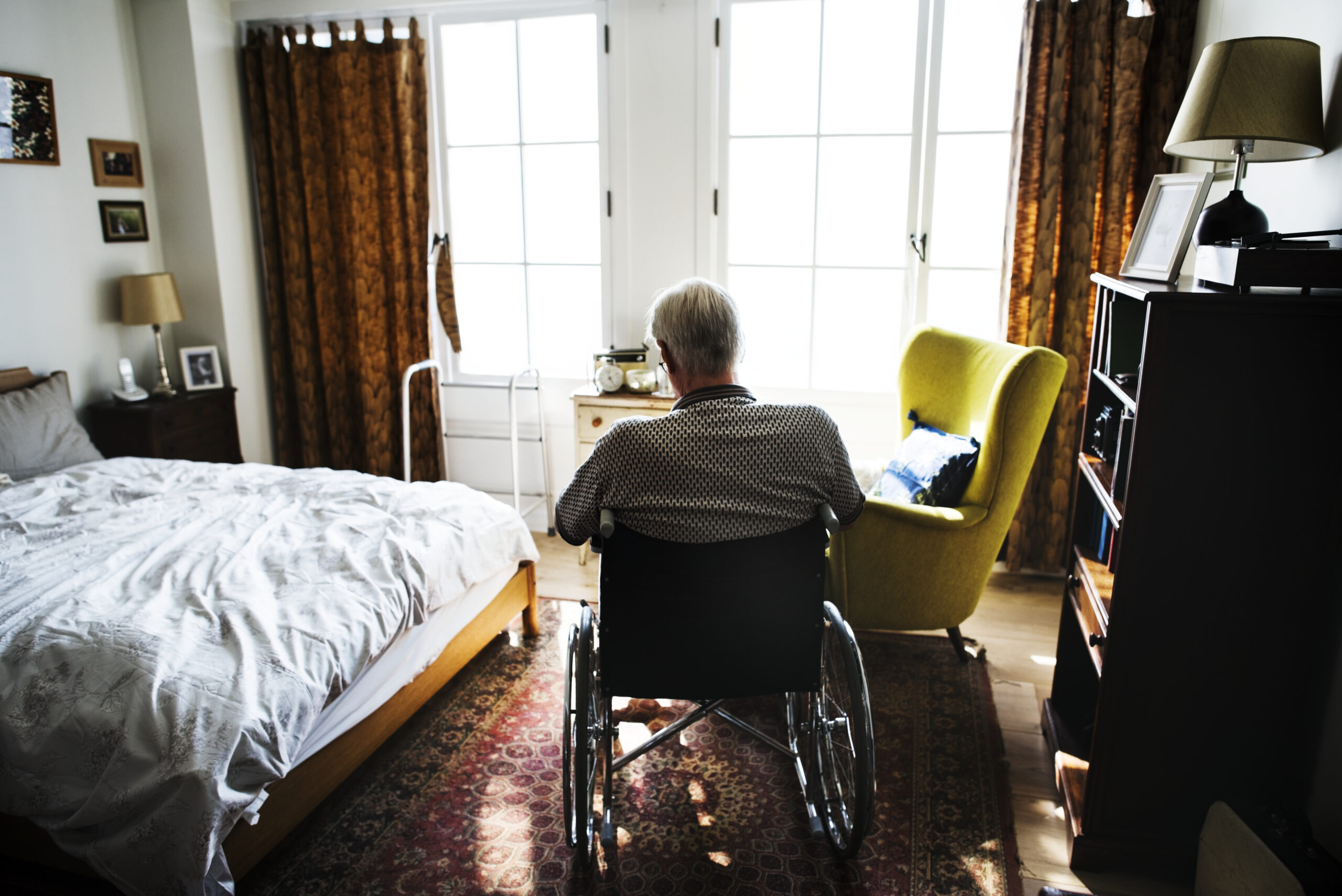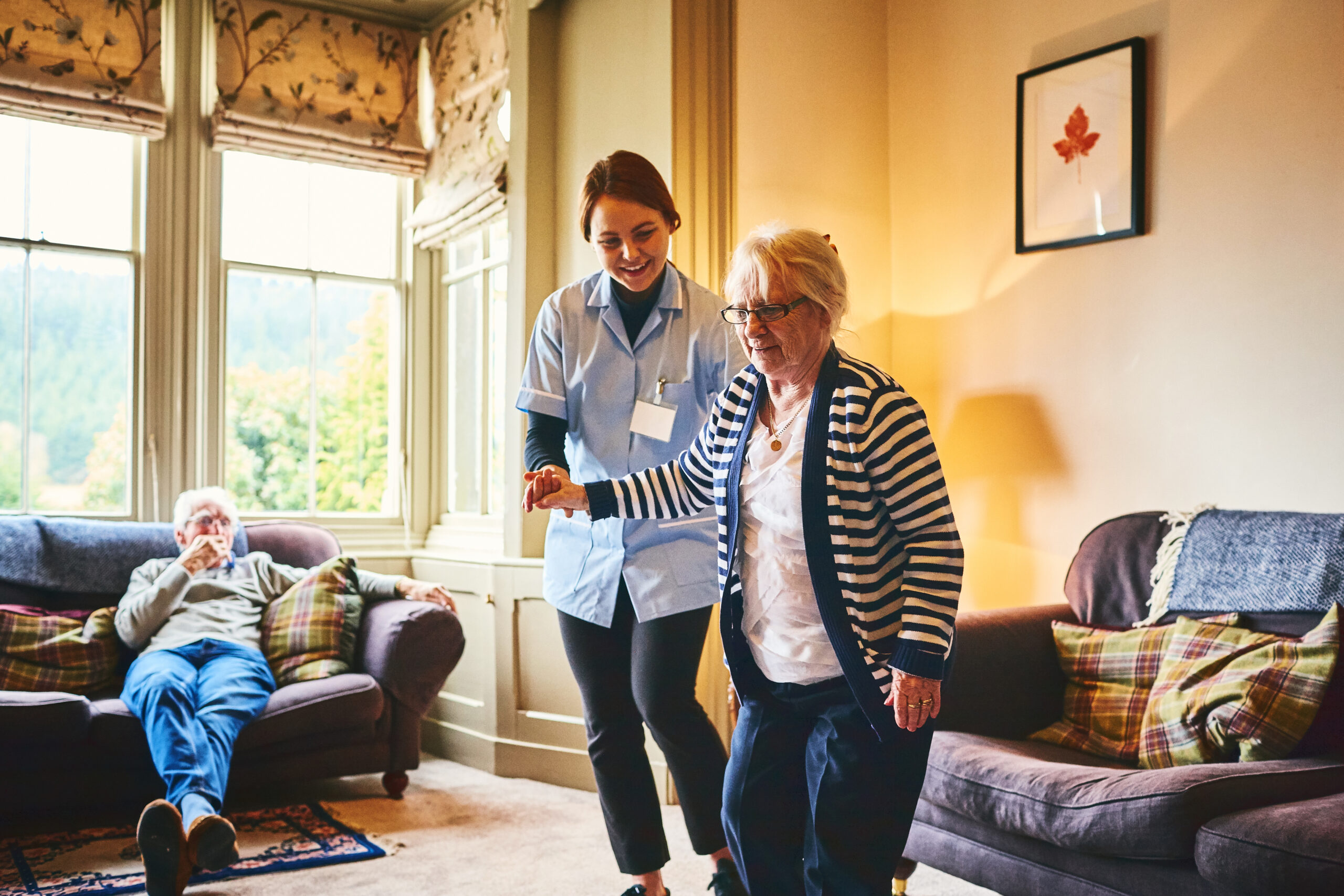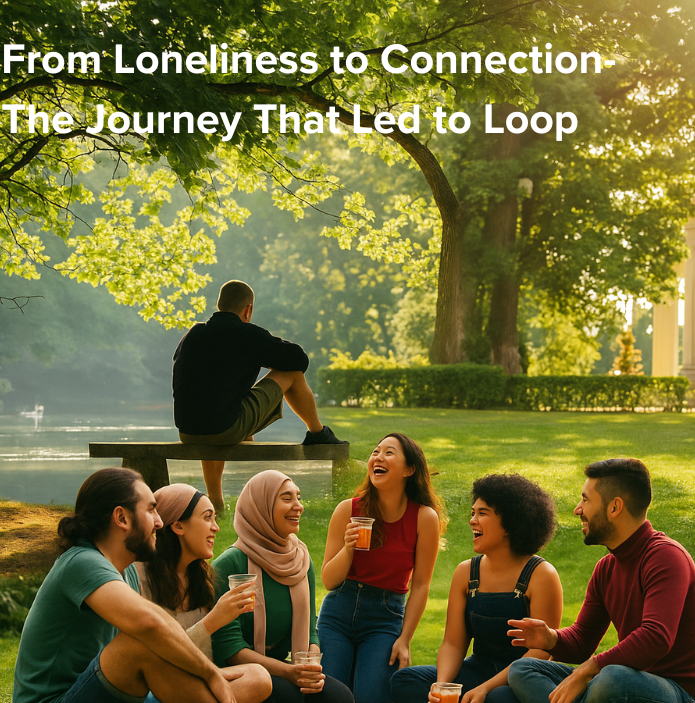New Narratives: Loneliness in care homes for older people – Why we’re doing even more research.

‘An older person in a home’– it’s a lonely stereotype many of us are familiar with. ‘I’d rather die than be put in a home’ – a sentence I’ve heard a few people say over the years, with loneliness deeply implied.
But what can we do about it?
In this blog, I’m going to talk about why I care about this, why we at Niche (Nursing Innovation in Care Home Excellence)-Leeds believe more could be done, why this needs more research, and how we’ll go about this research.
Why I care
I’ve felt my share of loneliness. As a teenager, I even attended a specialist school for kids with mental health problems. Fast forward to graduating from University, I found myself wanting to do a job where I ‘helped people’, and that job ended up being in care. Doing this, I realised care homes aren’t always the hellholes those who fear them the most imagine. Nevertheless, the prevalence of loneliness is high, and my time working in care offered numerous clues on why.
Less outgoing residents often found communal spaces deeply uninviting, not because the regulars were unfriendly (though they weren’t always friendly either), but because sitting quietly in a corner is rarely a fulfilling pastime. In one place I worked, there was just one person who identified as Muslim in a large home, and they found it difficult to connect with people in an environment that did not always understand her needs and culture.
Men, another minority in care homes, also tended to stay away from communal spaces, telling me, one of just two male members of staff, that the conversations and activities just weren’t of interest. Even with the best will in the world, moving into a care home coincides with the loss of your personal home, and can result in a significant loss of both control over one’s life and one’s sense of identity.

Why do more research?
There’s been a lot of research into loneliness in older people. So far, whilst specific interventions tend to be mildly (but not massively) effective, it hasn’t altered the big picture much. A lot of research has evaluated specific activities, meaning large scale reviews like Hoang et al’s end up finding things like animal assisted therapies show a slightly bigger reduction in loneliness than other activities such as technological or reminiscence interventions. But how much of is this down to the effectiveness of the activity, and how much to the people that delivered the activity, or the needs and/or preferences of the people taking part?
Such interventions also focus on intervening after a person has become lonely. In a recent conversation I had with the family of care home residents, though, they focused on how easy to visit the care home was, and how welcoming the entrance felt – matters of infrastructure that can prevent loneliness.
In past research I did with men, they didn’t just focus on lacking social relationships, but on their socially defined sense of self-worth. In research and beyond, it is easy to focus on majority wants and needs, but lonely people’s needs are unlikely to align with the majority. Overall, then, we need to develop approaches that are preventative, multidimensional, and person-centred, yet remain implementable on a wide scale.

How will we do this?
First, we’re going to review everything we know is happening to tackle loneliness in care homes. More importantly, we’re also going to consider what isn’t happening, and talk to people in and around care homes to get their view. This will take the form of a scoping review of reviews, which, for the uninitiated, is a broad look at all the existing literature reviews out there to identify and categorise existing interventions, identify what helps and hinders their implementation, and identify the gaps in our knowledge.
Then, with the vital help of the people in and around care homes, we’re going to start designing new ways to go about tackling loneliness. The job won’t even be done then, as we’ll have to evaluate these new approaches before we can implement them.
We know that whatever we find won’t be easy to implement in a context where people work on low wages, with difficult hours, and limited funding. But here at NICHE-Leeds, we work closely with care home residents, staff, family, and friends, and some of us are care home residents, staff, family, or friends! Sprinkle in a bit of research knowledge, and who better to design new ways to finally tackle loneliness in care homes?

So if you’re a care home resident, staff member, family/friend of a care home resident, or simply an interested person, who wants to know more about our project, perhaps even get involved, please get in touch via the details below.
Talking to people is vital to what we do here, so we’d be happy to hear from you!
Biography

Dr John Ratcliffe
Dr John Ratcliffe joined the University of Leeds in 2025 as a research fellow in the School of Healthcare, working primarily in the school of social care and with Nurturing Innovation in Care Home Excellence in Leeds (NICHE-Leeds). John assists with research methodologies, and is building a research portfolio focused on tackling loneliness.
John’s passion is to conduct rigorous research and find ways to promote better mental health and wellbeing. His past research has focused on loneliness, and he has published extensively on how we can rethink loneliness, with a view to how policy and practice can be adapted to reduce suffering.





Responses